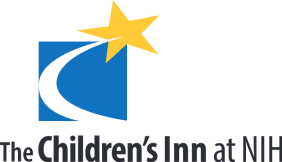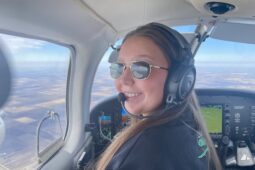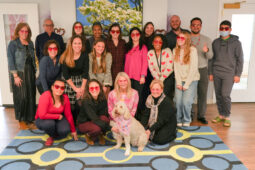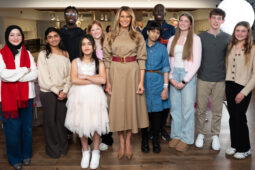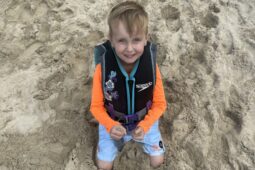Staying Chill: Noah Faces Life’s Challenges
Nine-year-old Noah is ready for whatever comes next in his battle with Proteus Syndrome.
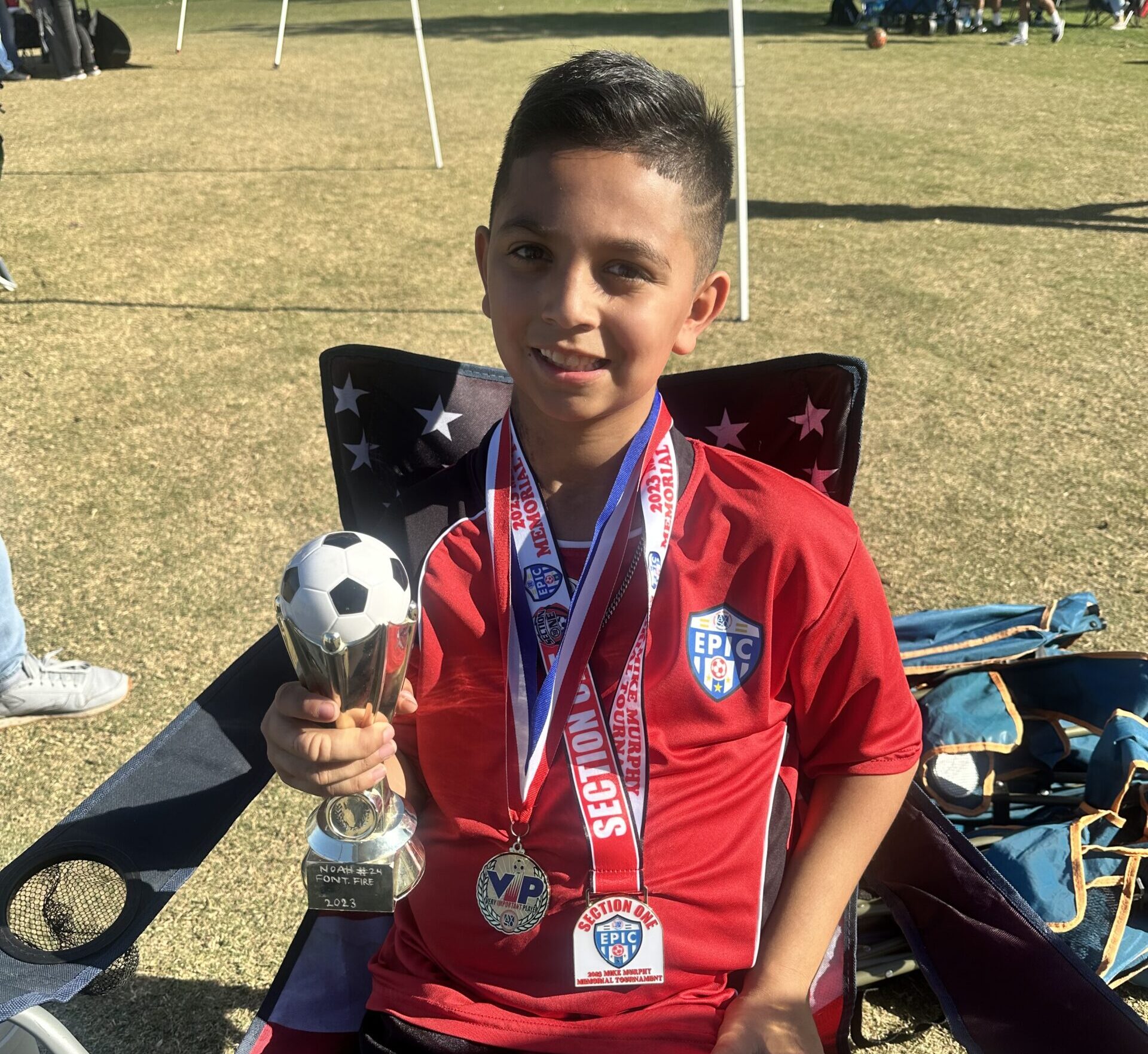
Noah has had a lot thrown at him in his young life. Born with Proteus Syndrome, an incurable, progressive disease characterized by excessive and often asymmetric growth on a part or portion of the body, Noah has nonetheless found ways to persevere and thrive. Now nine years old, he is ready for any challenge and excited about a new future with the help of his doctors and The Children’s Inn at NIH.
“I’m just chill,” Noah described himself. It is an apt description for the articulate and friendly young man who has focused on accepting the things out of his control and making the best of what he can.
Minutes after Noah was born, his family knew something was amiss. His veins noticeably bulged out of his skin and seemed too large for his tiny newborn body. His grandmother alerted the doctors, but they dismissed it as a typical symptom in a baby just minutes old.
Six months later, his mother, Mereesa, began noticing that his foot would unnaturally turn inward and was growing larger than the other. Birthmarks began appearing and growing all over his body. Doctors were unsure what corrective measures could be taken with a child that young and misdiagnosed Noah’s affliction.
When Noah was four, his baby sister was born. Shortly after the birth, he went to visit his mother and new sister in the hospital, but the baby’s doctors immediately noticed him. “I want to take a look at you,” he remembered doctors telling him.
Those doctors set Noah on the path to the National Institutes of Health. Though they could not determine practical steps, they set up appointments with specialists who eventually told Noah’s family about a trial at NIH. It was late 2019, and four-year-old Noah and his family made the cross-country flight to Maryland in search of answers.
It was on that visit that Noah was officially diagnosed with Proteus Syndrome and offered a spot in a trial for a new experimental drug, miransertib. Unfortunately, the trial was put on hold shortly after that first visit due to the COVID-19 pandemic.
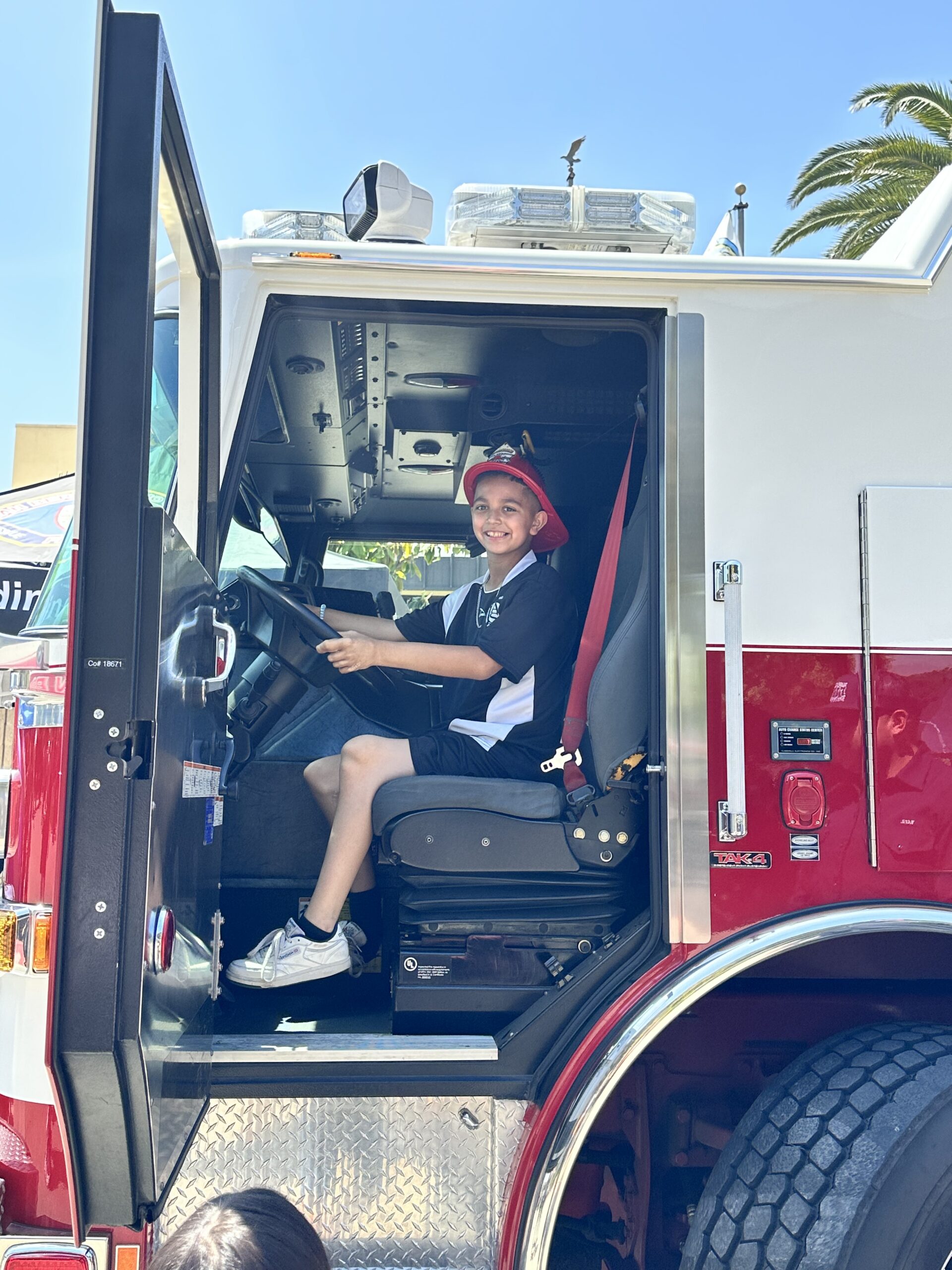
Noah returned to NIH two years later to start the trial, which will last through 2025. His family is pleased with the results thus far.
“They’re still trying to figure out what it can do,” Noah’s grandmother Teresa said. “We feel that it’s slowing down the growth for him.”
Doctors hope miransertib will slow the abnormal growth associated with Proteus Syndrome. “We all have growth cells,” Teresa explained. “Noah was born with an extra growth cell which won’t shut off and stop growing.”
Noah and his family stay at The Children’s Inn during his visits to Bethesda. He has been accompanied by his mother, father, grandmother, or grandfather on various visits. “We have a good support team here and at home,” Teresa laughed. “We all take turns. It’s hard to fly over every month with jobs and everything, so we don’t want this to be a burden just on Mom and Dad. We have a good support team at NIH, too. We love The Children’s Inn. It’s awesome here.”
Noah agrees, explaining that he spends most of his time in the playroom or the computer room. A typical visit is packed with appointments, though, and often, at the end of the day, he is ready to lie down.
It was at The Children’s Inn that Noah realized the extreme rarity of Proteus Syndrome. “I meet a bunch of other people who have Proteus,” he said. “I have a friend who told me there are only 800 people [worldwide] who have Proteus. I was in shock. I didn’t know that. I thought it was a disability that people have. I had no idea it was that rare.”
At The Inn, Noah and his family have met several members of the tiny Proteus community, including people from Iran, Argentina, and Brazil.
In addition to miransertib, Noah has had several surgeries to help correct his asymmetric and extreme growth. In January, he began his most extended visit to The Inn when he underwent surgery on both his hands, a foot, his knees, and an ankle. Doctors were attempting to straighten the bones that were slowly curving over time. He also had surgery on his fingers to shave down the bone and keep their size in line with the rest of his body.
“I’ve had four surgeries,” Noah remembered. “They put pins in my legs to try to straighten them. I’ve had casts on my legs and my hands and other little procedures here and there.”
Despite all the challenges Noah has faced in his battle with this disease for which there remains no cure, he remains calm and excited about what lies ahead. Before Proteus significantly impacted his body, he played baseball for a year. More recently, Noah joined a soccer team for children with disabilities. He hopes the trial will enable him to run a little bit faster, resume playing baseball, and add basketball to his growing list of activities.
It seems like nothing can rattle this cool, calm, and collected fourth grader. Well, almost nothing. Noah, the oldest of four siblings, has a little sister who looks up to him and wants to be just like him. But with that comes questions, interruptions, and typical sibling spats. Their little brother, not quite two years old, promises to join the fray before long. And a fourth child was born earlier this year.
When it comes to his condition, however, Noah carries a remarkable perspective that belies his tender age. “We thank God that my disability is not that bad,” he said. He knows that with a growing and loving family around him and with the support of his doctors and friends at The Children’s Inn, he’s ready to take on any challenge. And with his healthy mindset, he will be successful at whatever life throws his way.

Noah (L) with his siblings Nico, Cierra, and Avery
